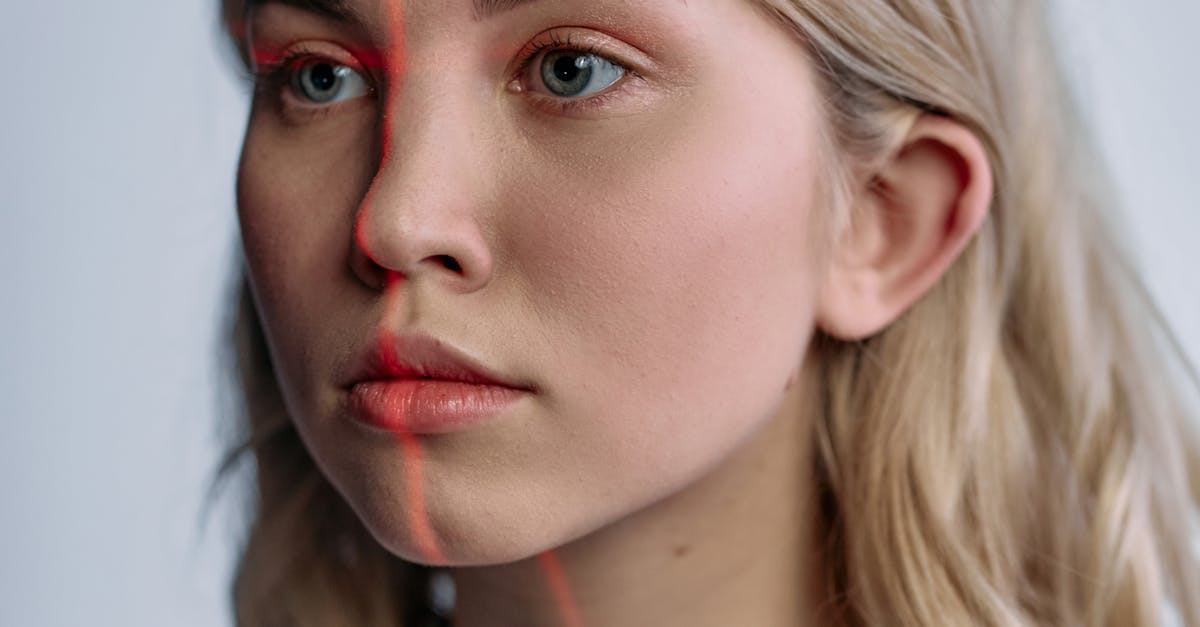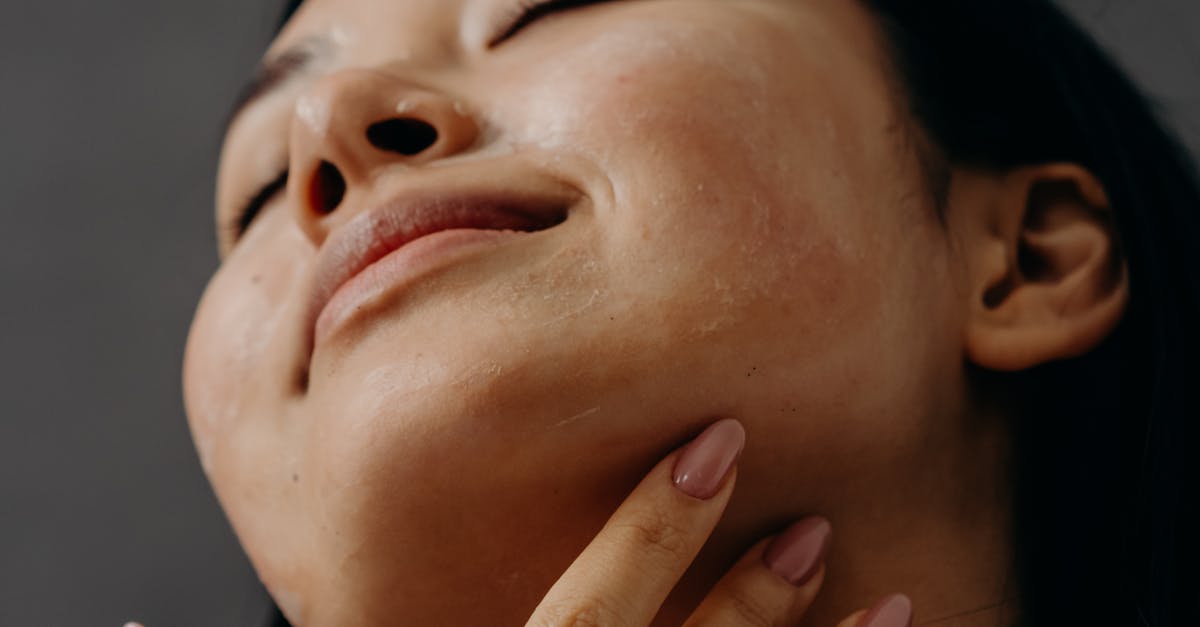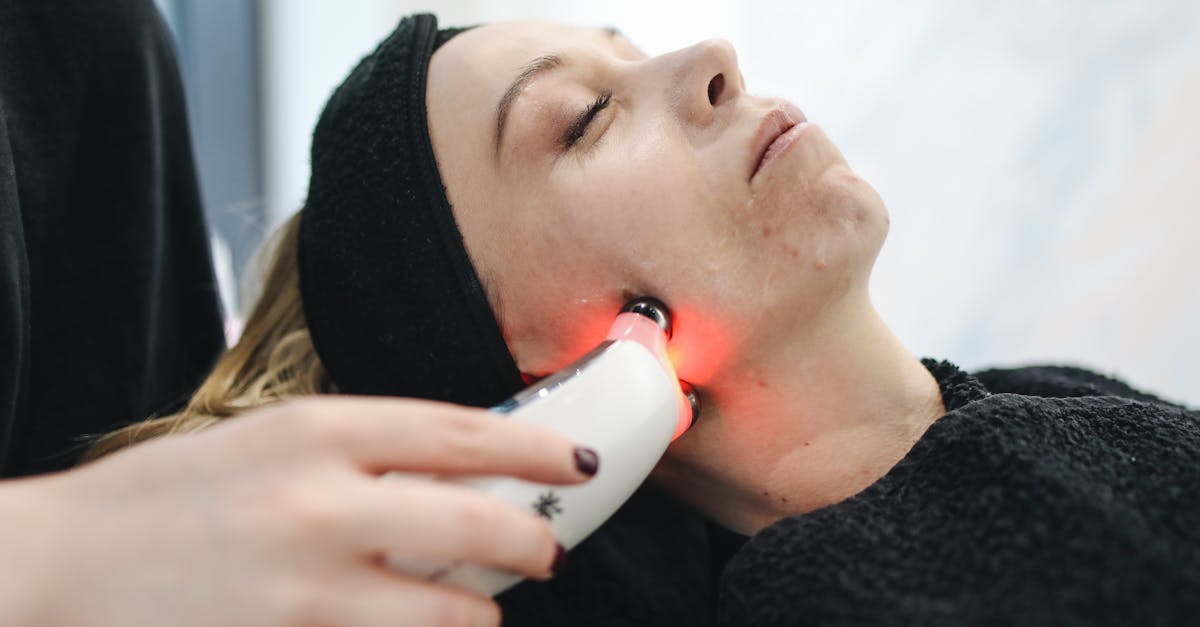
Table Of Contents
Longterm Skin Sensitivity
Laser Skin Resurfacing is a popular cosmetic procedure that can yield impressive results in skin rejuvenation, however, it is important to consider the potential long-term side effects. One common issue reported by some individuals post-treatment is increased skin sensitivity. This heightened sensitivity can lead to discomfort, redness, or irritation in the treated areas, which could persist for an extended period after the procedure. It is crucial for patients to be aware of this possibility and take precautions to protect their skin from further irritation.
It is essential for individuals considering Laser Skin Resurfacing to understand that long-term skin sensitivity can vary from person to person. While some individuals may experience only mild sensitivity that dissipates over time, others may find themselves dealing with persistent discomfort. Consulting with a qualified dermatologist or cosmetic surgeon before undergoing the procedure can provide valuable insights into the likelihood of experiencing long-term skin sensitivity and how best to manage it effectively.
Greater Sun Sensitivity After Treatment
After undergoing laser skin resurfacing, individuals may find themselves more sensitive to the sun's harmful rays. The treatment can leave the skin temporarily vulnerable to sun damage, making it crucial for patients to diligently protect their skin from direct sunlight. Prolonged exposure to the sun without adequate protection can lead to increased pigmentation changes, delayed healing, and a heightened risk of complications post-treatment.
It is recommended that individuals avoid sun exposure as much as possible following laser skin resurfacing. Protective measures such as wearing broad-spectrum sunscreen, using hats and clothing for coverage, and seeking shade during peak sunlight hours can significantly decrease the risk of adverse effects from sun exposure. Additionally, incorporating these sun protection practices into daily routines can aid in maintaining the results of the laser treatment and promote overall skin health in the long run.
Limited Effectiveness on Deeper Wrinkles
Laser skin resurfacing treatment has been widely used to address various skin concerns, including minimizing the appearance of fine lines and wrinkles. However, it is crucial to note that laser resurfacing may have limited effectiveness on deeper wrinkles. While this treatment can significantly improve the texture and tone of the skin, it may not always fully eliminate deep facial creases or expression lines.
Deeper wrinkles, such as those caused by significant sun damage or aging, may require more invasive procedures or combination treatments to achieve optimal results. Laser skin resurfacing primarily targets the outer layers of the skin, making it less effective on wrinkles that extend into the deeper layers of the dermis. Patients seeking to address deeper wrinkles may need to consult with a dermatologist or plastic surgeon to explore alternative options that can specifically target and address these concerns while complementing the benefits of Laser Skin Resurfacing.
Need for Additional Treatments for Deep Lines
Laser skin resurfacing is a popular cosmetic procedure aimed at rejuvenating the skin and reducing signs of aging such as fine lines and wrinkles. However, it is important to note that this treatment may not always completely address deep lines. In some cases, individuals with deep wrinkles may need additional treatments to achieve the desired results. Factors such as the depth and severity of the lines can impact the effectiveness of laser skin resurfacing in addressing these specific concerns.
For those seeking to target deep lines and wrinkles, it is essential to have realistic expectations regarding the outcomes of laser skin resurfacing. While this procedure can produce noticeable improvements in skin texture and tone, deeper wrinkles may require complementary treatments to achieve optimal results. Consulting with a qualified dermatologist or skincare specialist can help determine the most suitable treatment plan to effectively address deep lines and achieve desired aesthetic goals.
Potential for Skin Discoloration
When considering the potential drawbacks of laser skin resurfacing, one important aspect to be cautious of is the risk of skin discoloration. This procedure involves directing concentrated beams of light at the skin to address imperfections and stimulate collagen production. However, in some cases, the skin may react unpredictably to the treatment, resulting in pigmentation changes. While these changes are usually temporary, there is a possibility that they may become permanent, necessitating further interventions to correct them.
Skin discoloration following laser skin resurfacing can manifest as darker or lighter patches on the treated areas. This alteration in pigmentation may be more noticeable on individuals with darker skin tones, making it essential for patients to discuss this risk with their dermatologist beforehand. Despite advancements in technology and techniques, the potential for skin discoloration remains a drawback of laser skin resurfacing that individuals should weigh against the benefits before undergoing the procedure.
Uneven Pigmentation Changes
Uneven pigmentation changes can be a notable drawback of laser skin resurfacing procedures. Despite the goal of achieving smoother and even-toned skin, some individuals may experience patches of discoloration following treatment. These changes in pigmentation can be particularly frustrating for those seeking a more uniform complexion as they can detract from the overall results of the procedure, causing distress and a need for additional corrective measures.
The root cause of uneven pigmentation changes after laser skin resurfacing can vary depending on skin type, the specific laser used, and overall post-treatment care. Factors like uneven melanin distribution or hyperpigmentation can contribute to these changes, leading to a mottled appearance that may require further intervention to correct. Understanding the potential for such outcomes is crucial for individuals considering laser skin resurfacing, as managing expectations and having a comprehensive post-treatment plan in place can help mitigate the risk of encountering significant pigmentation challenges.
FAQS
Is laser resurfacing a permanent solution for wrinkles?
Laser resurfacing may not be a permanent solution for wrinkles, especially deeper wrinkles. It may require additional treatments for optimal results.
Will laser resurfacing make my skin more sensitive to the sun?
Yes, laser resurfacing can lead to greater sensitivity to the sun after treatment. It is important to protect your skin from sun exposure and use sunscreen regularly.
Are there any long-term effects of laser resurfacing on the skin?
Long-term skin sensitivity can be a potential con of laser resurfacing. Some individuals may experience ongoing sensitivity and need to take extra precautions with their skincare routine.
Can laser resurfacing cause uneven pigmentation changes on the skin?
Yes, laser resurfacing has the potential to cause skin discoloration and uneven pigmentation changes. It is important to discuss these risks with your healthcare provider before undergoing treatment.
How effective is laser resurfacing for treating deep lines and wrinkles?
Laser resurfacing may have limited effectiveness on deeper wrinkles. Patients with deep lines may need additional treatments or alternative procedures to achieve their desired results.


